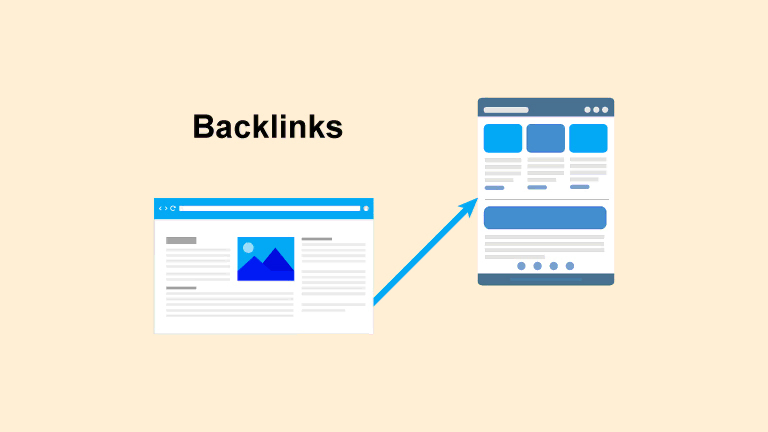Link building for Spain

Link building in Spain has its own unique characteristics, mainly because the Spanish market differs culturally, linguistically and business-wise. For businesses looking to grow through search engine optimization (SEO) and specifically targeting Spain, it is important to understand which strategies work best. In this article, I discuss some key aspects of link building for the Spanish market.
Strong focus on content quality
In Spain, as in other European countries, the quality of backlinks is valued highly over quantity. This means that a single link from a reliable, relevant source can have more impact than multiple links from less reliable websites. Spanish search engines, such as Google.es, highly value links coming from content-rich, local Spanish websites.

Relevance and sector links
One of the most debated topics in Spanish SEO is the importance of sector-specific link building. Links from websites closely related to your company’s sector (for example, a travel blog for a travel agency, or a technology website for a software company) are considered more relevant and can contribute significantly to your SEO results.
Ethical and natural link building
In Spain, there is much concern about ethical SEO practices. Buying links or participating in link exchange networks can lead to penalties by search engines. Therefore, it is very important that links are obtained naturally, for example by creating valuable content that other websites spontaneously link to.
Localization and language
As in other countries, it is crucial that link building in Spain take place within the context of the local language and culture. Spanish search engines prefer content and backlinks from websites written in Spanish. Moreover, optimizing content for specific regional variants of Spanish, such as Catalan or Basque, can help improve visibility in regional searches.
Guest blogging and collaborations with Spanish influencers
Guest blogging on Hispanic websites is a popular way to obtain high-quality backlinks. Many Hispanic companies work with local bloggers, influencers and journalists to produce content that generates valuable backlinks. This can range from interviews to product reviews or collaborations with relevant Spanish media outlets.
Local directories and citations
Local directories play an important role in obtaining valuable backlinks, especially for small and medium-sized businesses. In Spain, there are specific directories such as “Paginas Amarillas” (Yellow Pages) that can help obtain local backlinks. Registering a business in local directories can also contribute to better performance in local search results, especially when businesses target specific regions within Spain.
Culturally relevant content
One strategy often discussed in Spanish link building is creating content that matches the interests and culture of the Spanish audience. Offering blog posts, infographics, or videos on topics that are popular in Spain (e.g., sports, gastronomy, or tourism) can lead to natural backlinks from Spanish websites that want to share this content with their audience.
Competitive analysis in Spain
An important part of link building in Spain is analyzing the competition. By researching what backlinks your Spanish competitors have, you can identify opportunities to obtain links from similar or better sources. Tools such as Ahrefs, SEMrush and Sistrix are popular in the Spanish market for analyzing competitors’ backlink profiles.
Regional and national focus
In Spain, it is often important to distinguish between national and regional search results. Some companies choose to focus their link-building strategies on specific regions, such as Andalusia, Catalonia or Madrid. By obtaining backlinks from regional websites, a company can increase its visibility in searches that specifically target certain parts of the country.
Social media and link building
Social media also plays an important role in Spain, and while links from social platforms do not directly affect SEO, they can help spread content. This can lead to more exposure and naturally generate additional backlinks. Platforms such as Twitter, Facebook and Instagram are popular in Spain, and a well-executed social media campaign can result in additional backlinks from Spanish websites.

Conclusion
Link building in Spain requires a good understanding of the local language, culture and business practices. The success of a link building strategy depends heavily on the quality and relevance of the backlinks, as well as an ethical approach. Collaborating with local blogs, influencers and directories can help build a strong backlink profile in Spain.






